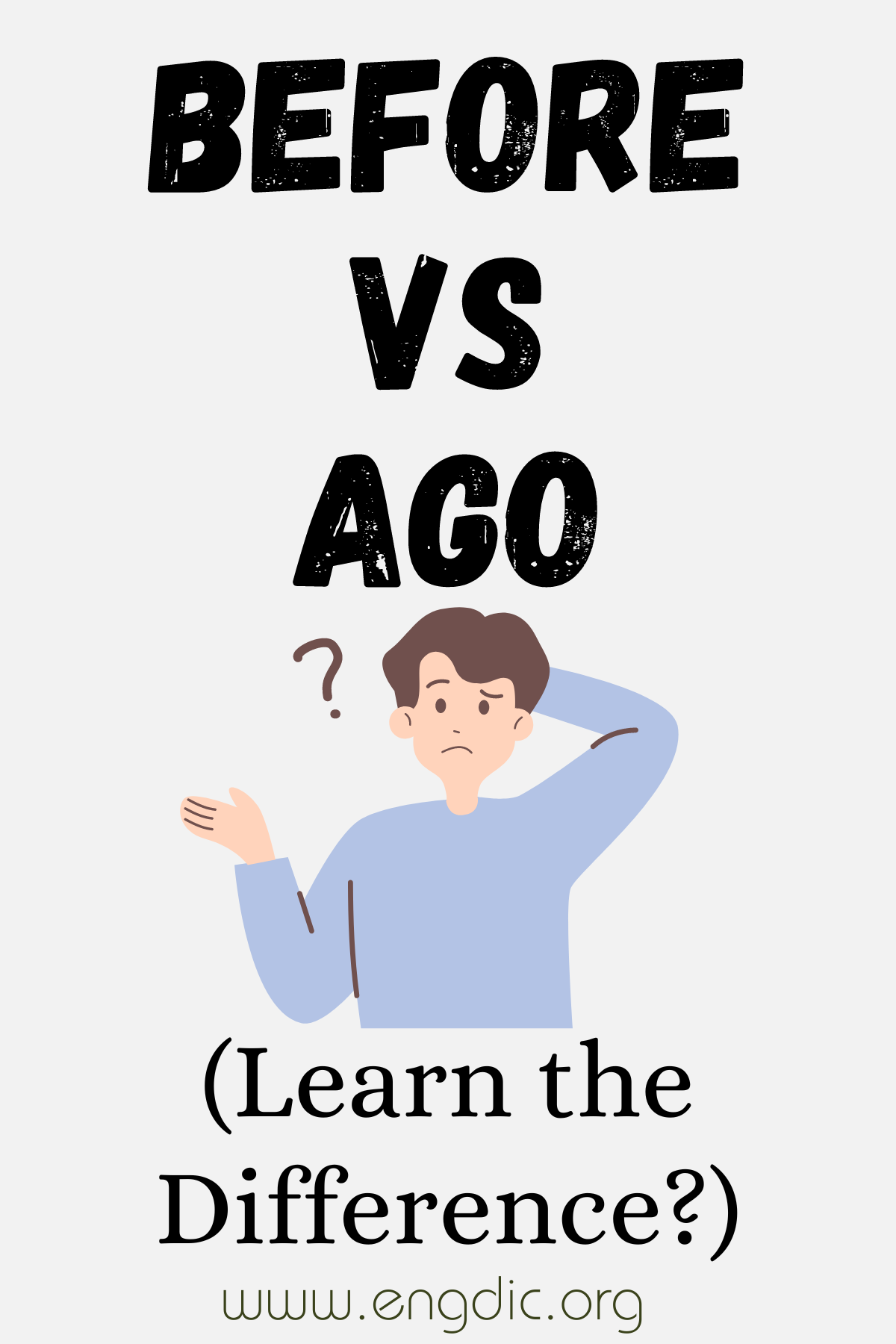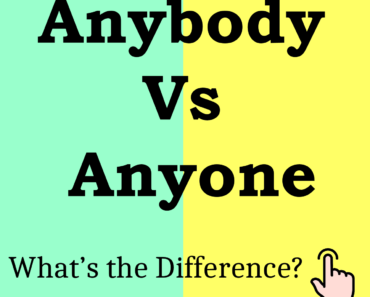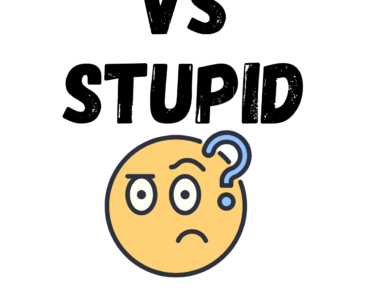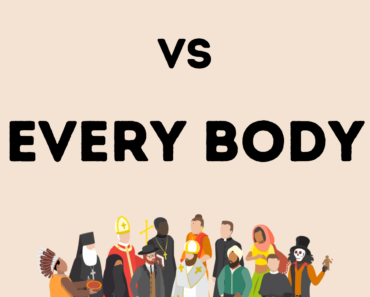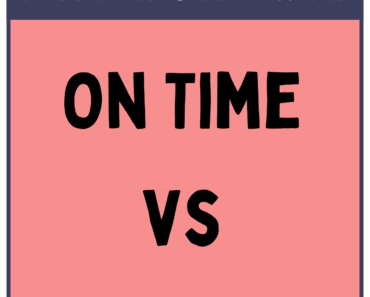“Before” and “Ago” are terms often used to denote time but have distinct differences.
- “Before” generally refers to an earlier time relative to a reference point, suggesting a sequence of events.
- In contrast, “Ago” denotes how long ago something happened from the present moment.
Understanding their usage is essential to avoid confusion, as “Before” can also refer to events that happened prior to a specific point in time or event in the past. Meanwhile, “Ago” strictly speaks of events that happened a certain time span prior to now.
Before vs Ago
Before
Definition: “Before” is a preposition, conjunction, and adverb indicating an event that happens earlier than another event or point in time.
Usage and Examples:
- Time Sequence (Preposition): Used to denote a preceding event.
- Example: “I ate breakfast before going to work.”
- Comparison (Adverb): Used to compare the timing of two events.
- Example: “We had never met before.”
- Conjunction: Used to introduce a clause, referring to an event that happened earlier.
- Example: “Finish your homework before you play video games.”
Ago
Definition: “Ago” is an adverb indicating the length of time since an event occurred, always measured from the present.
Usage and Examples:
- Past Time: Expresses a point in the past from now.
- Example: “I graduated five years ago.”
- Duration: Indicates a specific period that has passed.
- Example: “The company was founded decades ago.”
While “Before” establishes the sequence or position of an event relative to another point in time, “Ago” precisely tells how long before the present event occurred.
